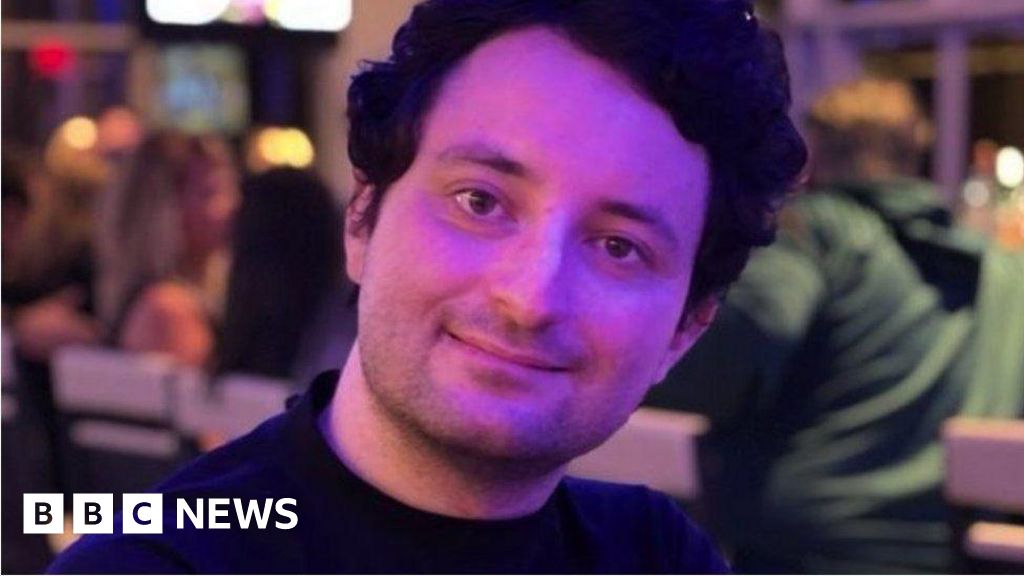Assisted dying bill to be introduced into House of Lords | Assisted dying
Keir Starmer is under pressure to fulfil a promise to allow a parliamentary vote on legalising assisted dying as a bill is to be introduced into the House of Lords on Friday.
Lord Falconer, who was lord chancellor in Tony Blair’s government, will propose a private member’s bill to allow assisted dying for terminally ill adults after coming second in a ballot of peers last week.
In March, Starmer said he was in favour of changing the law. He promised Esther Rantzen, the television presenter who has terminal cancer and is campaigning for assisted dying, that if he became prime minister he would ensure parliamentary time to debate the issue and allow a free vote. He repeated the pledge after winning the general election.
But some advocates for a change in the law fear that the prime minister may decide to wait for a private member’s bill to be introduced in the Commons. A ballot of MPs is due to be held in September.
Starmer was committed to ensuring parliamentary time for a bill on assisted dying, said Falconer. But a Commons bill was a “much more certain route” than a bill originating in the Lords.
There were “a number of MPs who are keen to take this issue forward” if they were successful in a ballot, he told the Guardian. “It’s a significant social reform and it has a really good chance of success. It would be a bill for which an MP would be remembered. It might not be my bill, but I just want to get this through. And there is a sense now that the stars are aligned and a bill will get through one way or another.”
Falconer’s bill would allow terminally ill, mentally competent adults to have the option of assisted dying alongside access to high-quality end-of-life care. The individual would need to meet strict eligibility criteria, be assessed by two independent doctors, and self-administer the medication if their request was approved.
Some campaigners have criticised the bill for limiting assisted dying to terminally ill patients rather than extending the option to people with incurable conditions such as multiple sclerosis or locked-in syndrome.
Falconer said: “My bill is designed for people who will die in the near future. I don’t think the state should be helping people who are not terminally ill to take their own lives.”
At the moment, assisting someone to end their life is a criminal offence in England and Wales, carrying a maximum prison sentence of up to 14 years.
Moves to legalise assisted dying are under way in Scotland, the Isle of Man and Jersey.
The issue was last put to a vote in the Commons in 2015, when a motion on legalisation was defeated by 330 votes to 118. However, there has been a marked shift in opinion among MPs since then, and the recent general election may have produced a Commons majority in favour of a change in the law.
Public opinion polls have consistently shown a majority of people in favour of legalising assisted dying. A survey of 10,000 people in March found 75% backed assisted dying, with 14% opposed.
Sarah Wootton, the chief executive of Dignity in Dying, said: “Assisted dying is a movement whose time has come. The prime minister has doubled down on his promise to make time for this debate and dying people will be holding him to account; they simply do not have time to wait. As reform grows closer in the Isle of Man, Jersey and Scotland, we are on the brink of historic change across the British Isles.”
A bill to allow assisted dying passed its third reading in the Isle of Man’s legislature, the House of Keys, this week. It will now move to the upper house, which cannot block the bill but may amend it.
The bill permits assisted dying for terminally ill, mentally competent people who have lived in the Isle of Man for at least five years.
Source link

